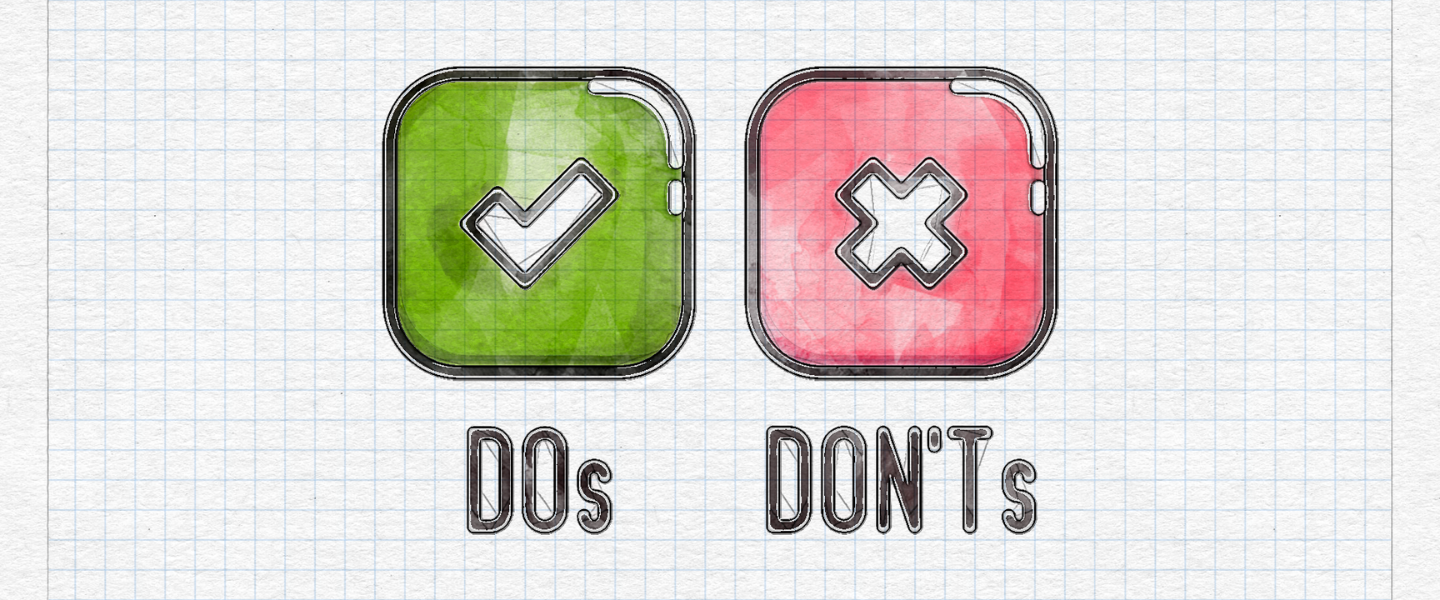In simple words, accountability means the willingness to accept responsibility for your actions. Taking responsibility for your actions or following up on what you said you would do is considered a positive characteristic and is needed, especially in the workplace. A culture of accountability is one in which employees are held accountable for the completion of tasks and for working together to achieve goals and solve problems. Accountability means showing up and doing the things you committed to. It’s about taking personal responsibility for your work, trusting your teammates and knowing that you can count on each other for the completion of tasks. Such a culture involves clear expectations and goals, open lines of communication and strong leadership.
Why must we create a culture of accountability and what does it look like?
It is a characteristic trait that cannot be ignored and inculcation of the same must be encouraged at all levels. Everyone working for an organisation, right from say an intern or a fresh out of college employee to the founder, director or anyone who holds a powerful position. Being an accountable employee breeds positive results. As a manager or a boss, your employees trust you they know that they can rely on you. In terms of work, accountability breeds productivity and completion of tasks/projects on time. It develops better relationships and eliminates surprises and at times hostility as well.
If accountability isn’t part of workplace culture, the organisation will face issues in employee performance and engagement. Plus, if employees can always escape criticism by making excuses, they won’t grow. They won’t feel compelled to do better for their teams. Accountability in the workplace is a necessity as both businesses and individuals — need to be outcome-focused. Whatever your goal may be, no matter how big or small you won’t be able to accomplish it without accountability.
In addition, employees require clear communication to thrive. They need to know what is expected of them and without those expectations, employee engagement will drop — and if employees aren’t engaged, studies suggest that they may quit.. A lack of accountability will make that problem worse. If you want to boost engagement, performance, and job satisfaction, employee accountability must be your top priority. Accountability doesn’t mean you pick someone to place the blame on. Instead, you put in efforts to create a culture of accountability that rewards employees for taking personal responsibility. If you do that, you’ll experience the endless benefits of accountability in the workplace.
It isn’t just about owning up to mistakes and learning from them, it’s more than laying out your contributions to the team or organisation. It also includes being transparent, that you have no problems in say for example:- giving updates on a particular task being performed, you don’t feel that ‘oh! Why should I answer to them’, It shows that you’re not egotistical and makes it easier for others to work with you. Your response or commitment makes everyone else follow in terms of giving updates or answering questions when asked.
What does accountability or being accountable look like?
Punctuality
You and your employees/teammates show up on time. Show up in time for a regular work day at the office, for meetings and deliver results on time. Besides being punctual you and your employees don’t make excuses for being tardy. Unless and until there’s a serious reason (like public transportation breakdown or delay, health emergency or a family emergency). If the above-mentioned ethic is prevalent in your workplace you have nothing to worry about.
Honesty
As a manager or a boss, you create an environment in which your employees can be honest with you. It makes employees feel safe enough to tell you what tasks they can complete or what they can accomplish and what they might not be able to do. It helps in avoiding confusion and anxiety and helps in the completion of tasks on time.
Vulnerability
An example of your workplace and employees being accountable is when you see vulnerabilities. Employees admit their mistakes instead of trying to cover them up and they ask for help when needed.
Communication
You and your teammates don’t hesitate to communicate. Even if the team is in a messy situation, everyone has the courage to sit down and have difficult conversations. Teams do this only when they know their responsibilities towards their teams and their workplace.
How can an accountable culture be created?
By making accountability a core value of your organisation
It makes an organisation’s priorities crystal clear. If you’re trying to create a culture of accountability, adding it to the company roster is a great way to start. Showcasing it as something that your organisation values are the best way to show employees that you’re serious about it. If you consider accountability a core value, it’s easier to hold your employees to it. Your expectations from them will be clear from their first day and vice versa. For example, when it comes time to conduct a performance review with a direct report, you can discuss if they’re living out the company’s core values. If they’re not acting accountable, you’ll have the perfect opportunity to encourage change.
Leading By Example
If you’re trying to create a culture of accountability, adding it to the company roster is a great way to start. Showcasing it as something that your organisation values is the best way to show employees that you’re serious about it. If you consider accountability a core value, it’s easier to hold your employees to it. Your expectations from them will be clear from their first day and vice versa. For example, when it comes time to conduct a performance review with a direct report, you can discuss if they’re living out the company’s core values. If they’re not acting accountable, you’ll have the perfect opportunity to encourage change.
Let Accountability Trickle Down
Everyone isn’t equipped to be a project manager or leader. However, every employee should have a sense of accountability and responsibility towards their roles. To be responsible and accountable, employees need to have their own individual goals and performance metrics. For example, you and your team have begun a new project and one of the team members isn’t ready to lead a whole campaign, but they can be responsible for certain tasks related to the bigger project.
You can help them by setting goals like, “write four emails with a 20% open rate.” This goal contributes to the overall campaign, but they can have total ownership over the results. They can write the emails, build them in the email software, and hit send. If the emails don’t perform, the marketing coordinator can then take full responsibility for the problem or error and try again.
Encourage and Celebrate Employees.
A crucial step to building accountability in the workplace is celebrating and rewarding employees who demonstrate it. Positive reinforcement is the best way to encourage change, and the workplace is no different.
Employees can be encouraged in the following ways:- make positive examples out of those who practice accountability, include accountability as a criterion for promotions, publicly thank them or feature employees on social media with a story about their show of accountability, sponsor professional development opportunities for employees who take responsibility for things they still need to learn and, have regular check-ins with employees so that you can provide feedback and help them grow.
Your team’s approach to accountability can have an impact on every aspect of work. Accountability encourages healthy work relationships, improves job satisfaction, and helps teams work effectively together. Mastering team accountability can help teams have better performance discussions and hold each other accountable in a more supportive way, too. It inspires individuals to exceed their goals and improve their performance, and it’s intrinsically linked to results and revenue.











